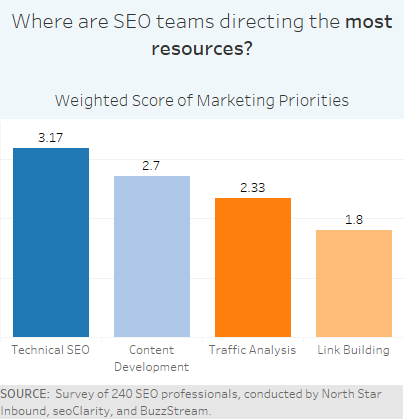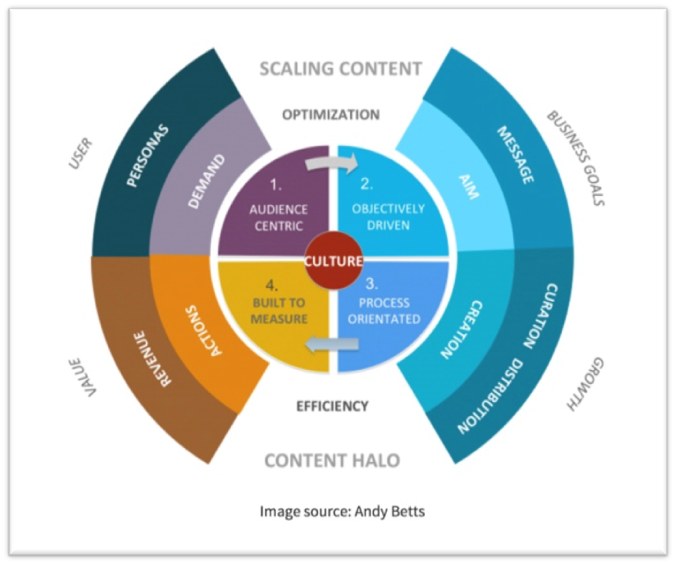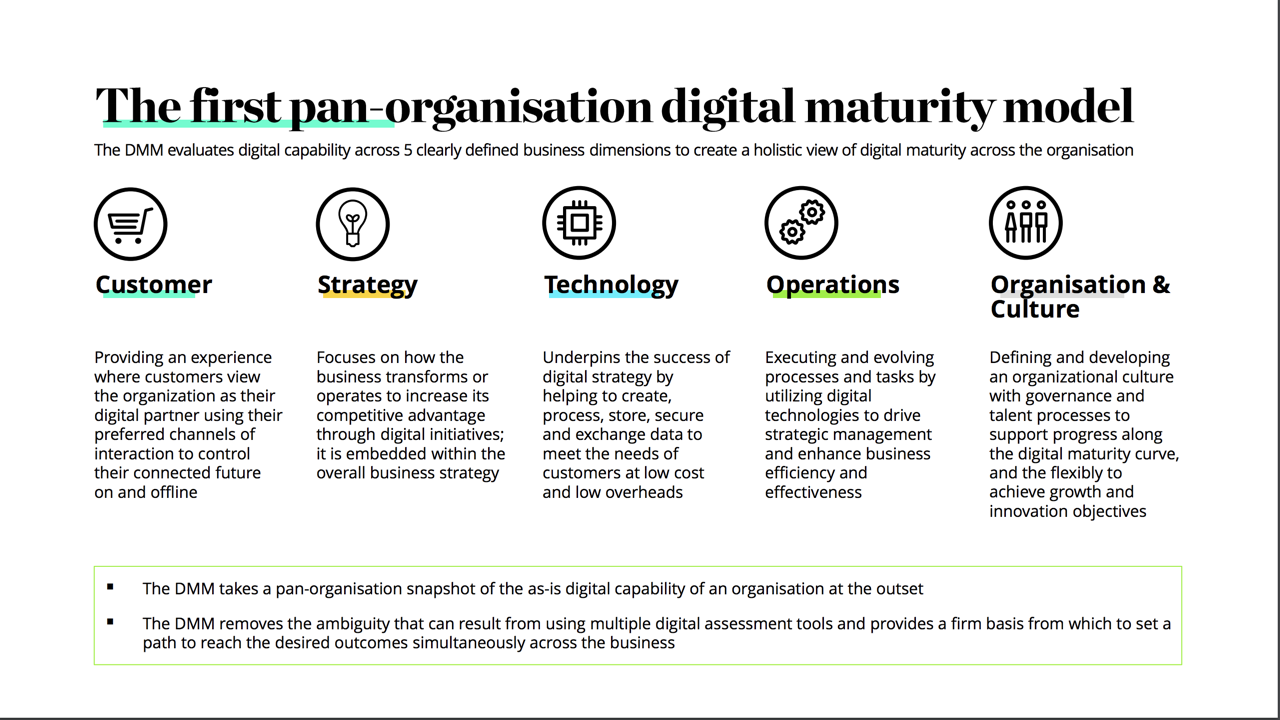At the enterprise level, the challenges in SEO are as big as the brands themselves.
Search has become increasingly complex – in fact, Google made over 3,200 improvements to search in 2018 alone.
Marketers may be up against years worth of:
- Content publishing.
- Site redesigns.
- Product launches and sunsets.
- Site migrations.
- And more.
There may be:
- Hundreds of websites.
- Multiple users and business units.
- Massive geographic scale.
- And other complicating factors in play.
SEO is worth getting right, though.
Improving SEO to grow the brand’s organic presence is a top inbound marketing priority for 61% of marketers, and it’s no wonder.
Over half of site traffic is driven by organic search.
Today, Google processes over 3.5 billion searches per day – about double what it served up daily just 10 years ago.
The commercial intent is there, too.
According to Google Consumer Insights, 84% of Americans are shopping in any given 48-hour period, in up to six different categories. And Google is the first place they go to discover a new brand or product.
Enterprise brands want to rise to the challenge.
Borrell Associates predicts that by 2020, businesses in the United States alone will spend an estimated $80 billion in SEO services.
Is your organization maximizing the value of this massive investment?
It takes a balance of just the right people, process, and platforms to master SEO at this scale.
Here’s how you can outperform the competition in each of these key areas to improve your enterprise SEO performance as a whole.
The People of Enterprise SEO Are an Unusually Agile Hybrid of Creativity + Technical Aptitude
According to a 2017 survey by North Star Inbound:
- The typical in-house SEO team has 2–5 members (regardless of whether the business has fewer than 100 employees or more than 1,000).
- 45% of enterprise-level companies invest more than $20,000 a month to optimize search.
The responsibilities and expectations of SEO professionals at the enterprise level are enormous and will only continue to grow as process and platforms help organizations make better use of their data.
Today’s Enterprise SEO is equal parts technical and creative, and just as comfortable in the boardroom as behind the screen.
They’re a hybrid marketer with advanced analytic skills and a leadership mindset to match.
In successful enterprise SEO teams, these agile and versatile SEO professionals are supported by unwavering cross-organizational executive support.
SEO isn’t a siloed backroom activity, but a driver for activities and investments to support optimization across the brand.
In these organizations, people in all departments are digital natives with the savvy to not only understand and accept the importance of SEO, but to help support it in real and impactful ways.
Both agencies and in-house teams struggle to find qualified SEO professionals to meet their personnel needs.
In fact, SEO and search marketing were identified as one of the 25 most in-demand skills in 2018 on LinkedIn, where 94% of recruiters go to vet talent.
For 2019, LinkedIn tells us the most in-demand soft skills are creativity, persuasion, collaboration, adaptability and time management, all critical skills in SEOs at the enterprise level.
Of course, even the best people are set up to fail without the right process in place.
What Does Successful, Scalable Enterprise SEO Process Look Like? It Depends
When asked in a recent survey which two technical SEO issues and factors in rankings monitoring mattered most, both agency and in-house SEO pros were all over the map.
Page speed and indexation were top priorities. But broken links, missing content, status or response codes, schema, meta tags, and more were all of varying levels of concern.
More resources are directed to technical SEO than anywhere else, although content development isn’t far behind on the priority list.

There’s no real consensus as to what successful SEO looks like at the enterprise level, making the burden of proof to C-level that much more difficult for SEO professionals.
Although the components of the process will change from team to team, what we do know is that in order to scale, enterprise SEO process must be:
- Documented, with a defined strategy for on-page SEO, off-page SEO, and technical SEO.
- Customer-driven, data-backed, and based on insights as close to real-time as possible.
- Collaborative, with tight integration between social media, digital creative, website development, content marketing, media buying, and paid search teams and campaigns.
- Built to meet your organization’s core organizational needs, business model and sales objectives.
What’s more, all of this needs to happen inside of a landscape that may be fraught with complex procurement challenges, legal or political barriers, geographic restrictions, and more.
I’ve talked in years past about the Content Halo model and how you can both:
- Change internal culture.
- Scale with a systematic, defined process.
This same idea extends to your SEO efforts.

Gartner’s Marketing Maturity Assessment is another good resource to improve SEO process. The tool assesses the maturity of an organization across its:
- Resources.
- Programs.
- Social.
- Mobile.
- Data.
- Commerce.
- Operations.
- Innovation.
This is obviously much farther-reaching that SEO, but we’ve already identified this unique opportunity for SEOs to be the digital bridge between sometimes disparate departments and teams.

The Marketing Maturity Assessment can help you:
- Identify digital strengths and weaknesses.
- Kickstart conversations with key stakeholders.
- Plan across functions and teams.
- Define specific initiatives for your marketing disciplines.
- Bring it all together in a clear plan for reaching the next level of marketing maturity.
Deloitte offers its take on the Digital Maturity Model (pictured above), as well.
Whether you enlist the assistance of a strategic partner or use these models to flesh out your own assessment, it’s an exercise worth doing.
Enterprise SEO Platforms Aren’t Next-Gen Tools
It’s time to expand our understanding of how we work alongside technology, particularly the new breed of platforms that are:
- Automating tasks.
- Making smart data-backed decisions.
- And even implementing optimizations in all areas of SEO.
Platforms integrate many tools and functionalities within a single system and interface, typically with user permissions, integrated reporting, and other key enterprise features.
Until recently, digital teams had to cobble together disparate tools, creating what workarounds they could, to achieve automation and scale their SEO efforts.
Today, marketers can leverage the power of automation and even machine learning and AI, to an extent, inside an SEO platform.
Constant monitoring for technical issues and site speed, updates in keeping with algorithm changes, and more meaningful insights gleaned from real-time data are among the other benefits of platforms.
When looking at enterprise-grade technology, look for enhance security protocols such as:
- ISO/IEC 27001 compliance.
- High-level encryption.
- Compliance with European Union and Swiss Safe Harbor guidelines.
- Data Privacy Compliance.
Enterprise SEO = People, Process & Platforms
Whether in-house or with an agency, managing search for larger enterprises has its own unique challenges.
The ability to rapidly test, learn, and scale what works is critical. Today, we have access to more customer data than ever before.
Successful enterprise SEO needs not only process and the people to drive it, but the right platform to underpin their efforts, as well.
Across locations or service areas, websites, and international markets, it takes a careful balance of technology and talent to surpass the competition.
Does your enterprise make the grade?
More Resources:
Image Credits
All screenshots taken by author, July 2019